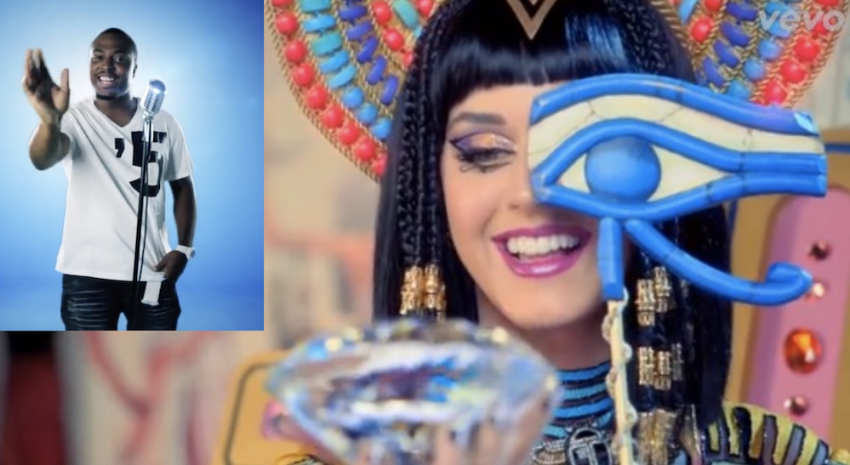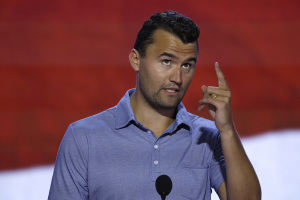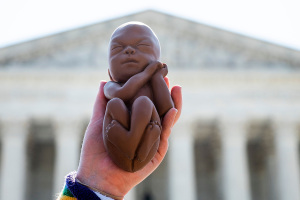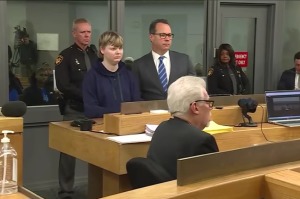Katy Perry, Capitol Records ordered to pay $2.78M to Christian rapper for copyright infringement

Pop artist Katy Perry is being ordered to pay nearly $3 million in damages after a jury found that her hit song "Dark Horse" illegally copied Christian rap artist Marcus Gray's 2009 song "Joyful Noise."
Perry, along with record company Capital Records and others were found liable of a copyright infringement earlier this week by a jury that was "split between those making the liability determination, and another party that dealt with the issue of awarding damages," Complex reported Thursday.
The song "Dark Horse" earned Capitol Records $41 million; approximately $3 million of that went to Perry. Perry and the record company maintained they had never heard Gray's song.
The jury ultimately decided that Gray should receive $2.78 million, of which $550,000 was to come from Perry. The jury also determined that Gray, who goes by the rapper name Flame, was responsible for 22.5 percent of the profits that the song "Dark Horse" earned.
Gray argued that a 16-second musical riff from his song was lifted to provide the beat for "Dark Horse." He filed the lawsuit five years ago. The amount he was awarded was much less than the $20 million he was seeking.
Perry's 2013 chart-topping song featuring rapper Juicy J, came from her fourth studio album and earned her a Grammy Award nomination. Published on YouTube in February 2014, the music video for "Dark Horse" has been viewed over 2.6 billion times.
As The Christian Post reported Tuesday, during the proceedings musicologist Todd Decker broke down the underlying beat in both songs and testified that the ostinatos, which are short melodic phrases repeated throughout a composition, share five or six points of similarity including pitch, rhythm, texture, pattern of repetition, melodic shape and timbre.
Given the similarities, the musicologist concluded that Perry had indeed "borrowed" the underlying beat from "Joyful Noise" for "Dark Horse."
Perry offered to sing the contested song to the court when a speaker system broke and it wasn't possible to play the song for the jury, according to the BBC.
Her attorneys argued that the musical pattern is too short and common to be protected by copyright statutes and expressed their disappointment with the jury's conclusion. While the lawsuit centered on a musical part of the song the writers of the lyrics were also implicated in the infringement.
"The writers of Dark Horse consider this a travesty of justice," said Perry's attorney, Christine Lepera, outside of court.


























